New Year, New Case: Voter Suppression the New Crime?

Oregon Judicial Branch
September 29, 2022
The school bells are ringing, the lockers are being opened, the books are being dusted off; the new school year has started. For a lot of students, this is their last year of high school and for others, it is their first year of high school, but for the members of the Mock Trial Club, it’s time for a new legal case to study. Whether it’s a criminal case or civil case, the attorneys will be objecting and the witnesses will be embodying their character, all with grace and logical reasoning.
This year, the case given to the high school students across CT is one of voter suppression. With names alluding to famous pop stars, the case builds a scenario in which an ambitious student runs for a position on the city council but is faced with a series of obstacles seemingly orchestrated by an insider. The case gets complicated as more witnesses reveal backstabbing, borderline malfeasance, and strong personalities.
The ‘main character’ is Tylor Swift – yes, Tylor Swift – a sophomore at Constitution State University whose main goal in life is to be as active in politics as possible, while being the most self-confident (arrogant) politician to have set foot in the game of the rich. Sure, Tylor benefits from nepotism, but the efforts put into starting an early career is remarkable. The two other witnesses on Tylor’s side are a professor at the university and an intern at the elections office. These three people will make up the Plaintiff, the people who are suing.
The ‘main villain’ is Sam Smythe – yes, the one who’s good at goodbyes – a city clerk who is accused of using his power to go against Tylor’s running for office. The list of supposed crimes is extensive: wrongly reporting Tylor’s campaign to the university, declining student voting registrations, and moving a polling station further away from the university campus when not necessary. The two other witnesses on Sam’s side are the dean of the university and Tylor’s former campaign manager. These three witnesses will make up the Defense/Defendant, who are being sued.
How does Mock Trial work, you ask? It all starts by reading the case packet, obviously, and taking a deep dive into the legal issues presented by the case (on what grounds the Plaintiff had sued the Defendant, allegations of misconduct, what statutes apply, etc.). Then, you get to choose what role we want to take up: attorney, witness, or bailiff. An attorney will familiarize themselves with objections, how to question witnesses to get the answers they want, and prove their arguments in front of the court. A witness will learn to convincingly portray their character, answer unexpected questions, and rehearse good courtroom manners. A bailiff plays an important role in trials, keeping track of the time and announcing when the time for questioning is up. They begin by writing up a copy of a direct examination for the witness to go off in court, and build up from there. Usually, by mid January, they are ready to present in court as any of these three roles.
So, if you are interested in joining Mock Trial this year, the club is filled with many opportunities for real world experience, public speaking, and proper communication skills. Additionally, the trials will be taking place in-person again, after two years of sitting in front of a screen with potential tech problems. So please, consider joining Mock Trial this year, and it’s never too late nor early to participate. Stop by room 135 if you have more questions.




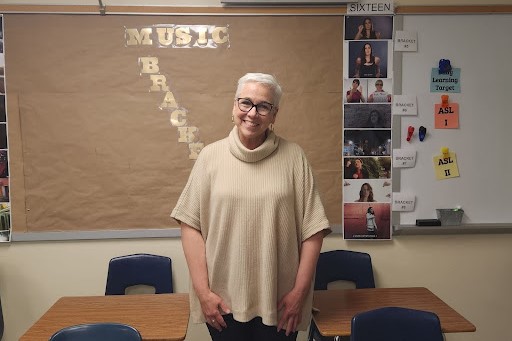

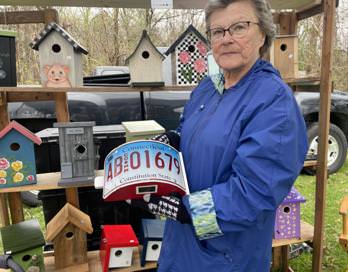



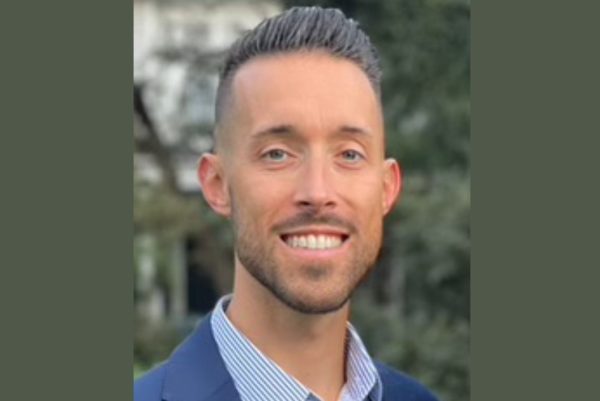
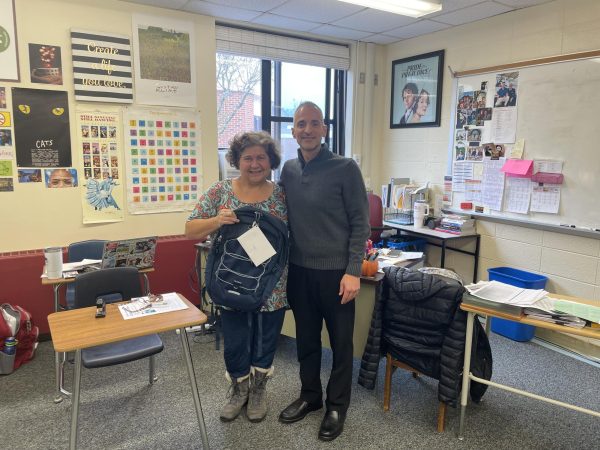



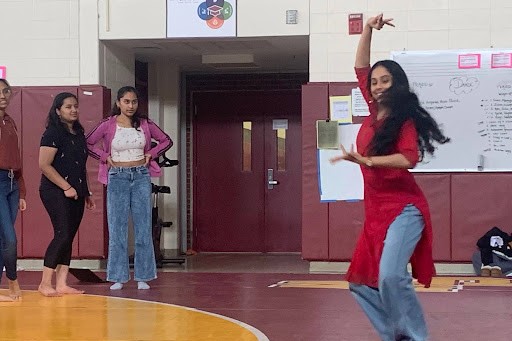
Harshita • Oct 1, 2022 at 10:32 am
great job anjani!!
KISHORE KUMAR • Sep 30, 2022 at 8:25 am
Great stuff Anjani
MR • Sep 30, 2022 at 6:29 am
Very well written…Good job Anjani
Navya Arutla • Sep 29, 2022 at 12:40 pm
Good job Anjani
Kishore • Sep 29, 2022 at 12:25 pm
Good one Anjani
Rekha • Sep 29, 2022 at 11:19 am
Well written Anjani
Nirmala • Sep 29, 2022 at 11:13 am
Well written, Good Job Anjani
PT • Sep 29, 2022 at 11:09 am
Well written article